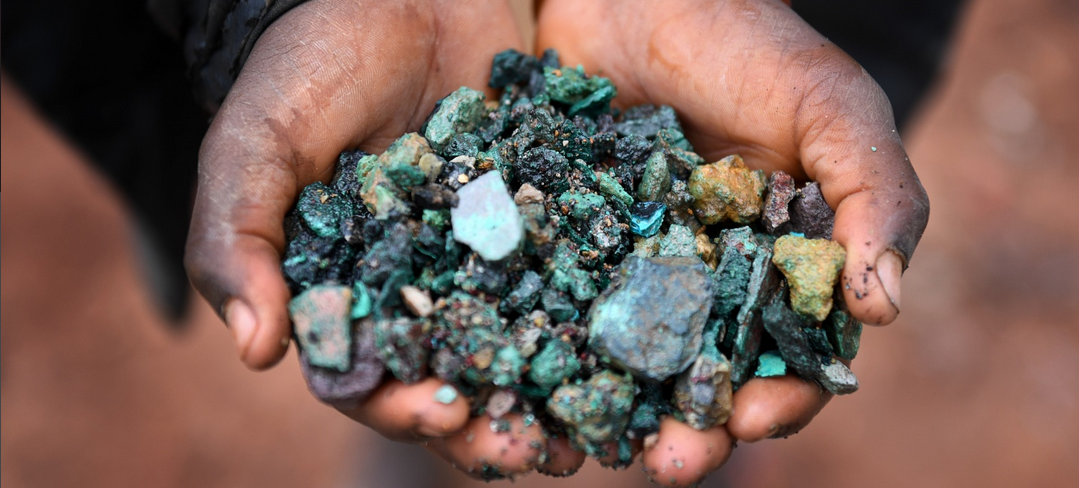17 June, 2021IndustriALL Global Union affiliates organizing at Mutanda Mine in Kolwezi in the Democratic Republic of the Congo say preparations to open the mine in July are at an advanced stage with over 1,500 workers expected to report for work.
During the closure, 500 workers from Mutanda were transferred to Kamoto Copper Company (KCC) – a joint venture between Glencore which owns 75 per cent and the state-owned Gecamines which owns 25 per cent. At its peak Mutanda mine employed over 3,000 workers.
Glencore, which owns Mutanda Mine, an open-pit copper and cobalt mine, closed the mine in 2019 citing increasing costs, low cobalt prices and higher taxes. However, since the beginning of 2021 prices of cobalt have increased by more than 40 per cent. Current prices at the London Metal Exchange are US$42500 per tonne for cobalt and US$9508 per tonne for copper.
The news of the opening of Mutanda coincided with the DRC battery supply chain and gender workshop on 10-11 June, which discussed due diligence, health safety and gender equality in the copper and cobalt supply chains. The supply chains include mining, initial processing for export, shipping, processing into powder form, battery manufacturing and other industrial uses, and batteries for electric vehicles and smartphones among other products.
The workshop discussed the Organization for Economic Cooperation and Development (OECD) guidelines for multinational enterprises as some of the few international instruments that trade unions could use to fight for due diligence and adherence to international labour standards and decent working conditions by multinational corporations.
Further, the guidelines which are signed by governments had important recommendations on employment, industrial relations, human rights, transparency, the environment, and anti-corruption. Due diligence also allows for the end-to-end traceability of cobalt to avoid cobalt mined through child labour and conflict.
Glen Mpufane, IndustriALL director for mining says:
“Due diligence compels multinationals to respect human and trade union rights. Enterprise and trade union agreements – collective bargaining agreements, global framework agreements, protocols and memorandum of understanding – are a means of due diligence.”
The workshop further discussed that unions must hold companies like Glencore to account on the OECD guidelines. As Glencore claims that it implements OECD guidance risks, and is part of the Fair Cobalt Alliance, the unions organizing at Mutanda and KCC want Glencore to exercise due diligence at its operations, and for the company to respect collective agreements that it has signed with unions.
The DRC affiliates organizing at the Glencore operations that attended the workshop are Organization des Travailleurs Unis du Congo (OTUC), Secretariat des Syndicats de IndustriALL (CSC), Secretariat des Syndicats de IndustriALL de la CDT (CDT), Secretariat IndustriALL Global (UNTC) and Travailleurs Unis des Mines, Metallurgies, Energie, Chimie et Industries Connexes (TUMEC). Other delegates were from the Friedrich Ebert Stiftung DRC office in Kinshasa.
